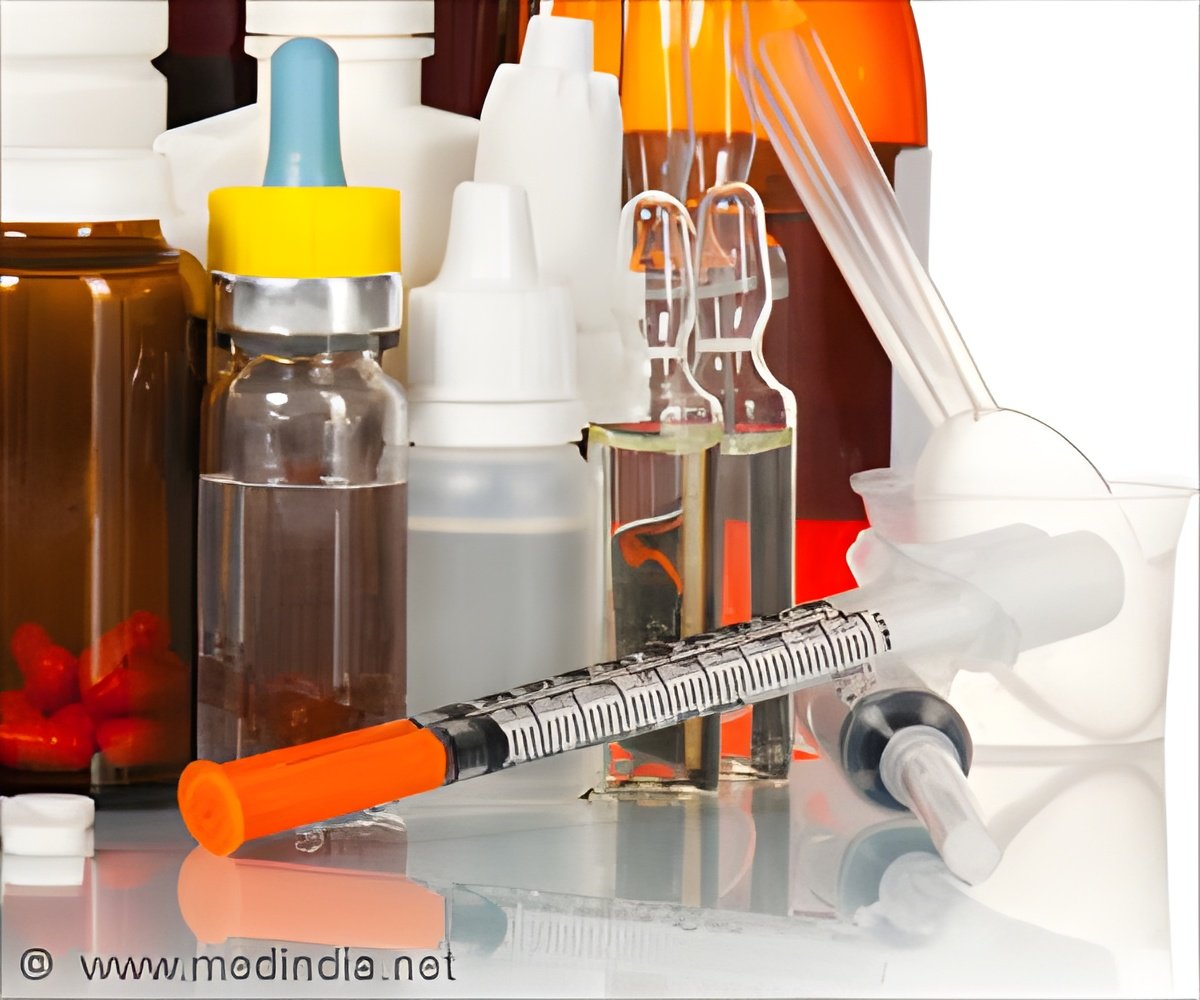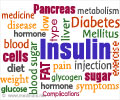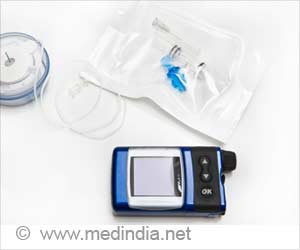Phase 2 clinical trial results show that patients who receive weekly insulin have fewer episodes of low blood sugar compared to a daily basal insulin.

‘Basal insulin Fc holds promise as a once-weekly basal insulin and could be an advancement in insulin therapy for diabetic patients.’
Read More..




"These study results demonstrate that BIF has promise as a once-weekly basal insulin and could be an advancement in insulin therapy," said Juan Frias, M.D., the study's principal investigator and the medical director of the National Research Institute in Los Angeles, Calif.Read More..
The reduced number of injections with weekly insulin may improve adherence to insulin therapy, which could result in better patient outcomes than for daily basal insulins, Frias said. Once-weekly dosing also may increase the willingness of patients with type 2 diabetes to start insulin therapy when oral medication alone no longer gives adequate blood glucose control, he added.
The 32-week clinical trial was conducted in 399 patients and sponsored by Eli Lilly and Company. All patients had type 2 diabetes and were previous users of basal insulin combined with oral antidiabetic medications.
The patients received random assignments to one of three treatment groups: once-weekly injections of BIF at one of two different dosing algorithms (with different goals for fasting blood glucose levels) or the standard once-daily injections of insulin degludec.
One fasting glucose target for patients receiving BIF was 140 milligrams per deciliter (mg/dL) or less, and the other was at or below 120 mg/dL. The fasting glucose target for insulin degludec was 100 mg/dL or less.
Advertisement
Additionally, BIF use resulted in significantly lower rates of hypoglycemia, or low blood sugar (less than 70 mg/dL). Severe untreated hypoglycemia is a dangerous complication that can cause seizures, loss of consciousness and death.
Advertisement
Regarding safety, BIF had a generally comparable adverse event profile to that of insulin degludec, he said.
"Based on our promising data, further research with BIF has been initiated in patients with type 1 diabetes and other type 2 diabetes patient populations," Frias said.
Source-Eurekalert












